Stiftung KEDA was founded as an independent foundation on November 11, 2019, with legal domicile at Mürgstrasse 18, 6370 Stans, Canton of Nidwalden, Switzerland and is duly registered with the Register of Commerce of the Canton of Nidwalden. ‚KEDA‘ is the acronym of Kulinarisches Erbe Der Alpen (meaning: ‚culinary heritage of the Alps‘). The object of KEDA is to promote and secure the history and heritage of the culinary traditions of the Alpine way of cooking based on local products and recipies. KEDA’s main location to pursue its object is at the CULINARIUM ALPINUM which is situated in a former Capuchin monastery in Stans, in the centre of Switzerland. In an initial phase from August 9, 2017 until November 11, 2019, KEDA started as a dependent foundation without legal personality (i.e. not being a legal body of its own) under the umbrella of a Swiss charitable foundation by the name ‚Fondation des Fondateurs‘ which is based in Zurich.
KEDA has been recognized by the tax authorities of the Canton of Nidwalden as a charitable foundation on 27 September 2019. In accordance with Swiss law it is supervised by a Swiss Federal Government agency and audited by a certified auditor (BDO Stans), KEDA, like any independent Swiss foundation in general, is a legal body according to the Swiss Civil Code pursuing with its assets a specific purpose as stipulated in its articles of incorporation. KEDA is also listed in the foundations‘ directory of the Swiss Federal Department of Home Affairs.
With the CULINARIUM ALPINUM, KEDA has established a unique, internationally oriented centre of competence for the culinary heritage of the Alps. KEDA’s objects are especially achieved by educational and consulting projects, an important part of which forms the CULINARIUM ALPINUM, and addresses both the professional culinary world and the general public. The basic idea of promoting the culinary heritage of the Alps is to demonstrate and encourage sustainable ways to consume regionally what can be and is being grown as local bio-agriculture products in the Alpine regions of Switzerland and central Europe. Further KEDA will promote what kind of local products are available and how these may be used and integrated in a highly diversified, healthy and modern nutrition.

In the Dutch television show ‘De aardappeleters’ broadcasted on the Dutch public television (NPO /NTR De aardappeleters season 2 – episode 6 – Kaasfondue https://www.npostart.nl/de-aardappeleters/24-12-2018/VPWON_1277050) on 24 December 2018 the program visited the initiator of KEDA Dominik Flammer to make an item regarding one of the famous traditional Alpine dishes, the cheese fondue. It shows as a sample perfectly the purpose of KEDA, the preservation and the promotion of that dish which supports farmers living and producing on alps over 1000m above sea level.
General information and management
| Name: | Stiftung KEDA |
| Organisation type: | Stiftung or Foundation |
| Established: | 11 November 2019 (Switzerland) |
| CoC number (Canton Nidwalden): | CHE-233.761.762. |
| Dutch RSIN | 8265.40.594 |
| Bank account number (IBAN): | CH17 0077 9000 2642 4410 0 |
| BIC/SWIFT-Code: | NIKACH22 |
| Visiting address: | Mürgstrasse 18, 6370 Stans (Switzerland) |
| Telephone number: | +41 41 619 17 00 |
| Website: | www.culinarium-alpinum.com |
| Email: | hc.munipla-muiraniluc@adek |
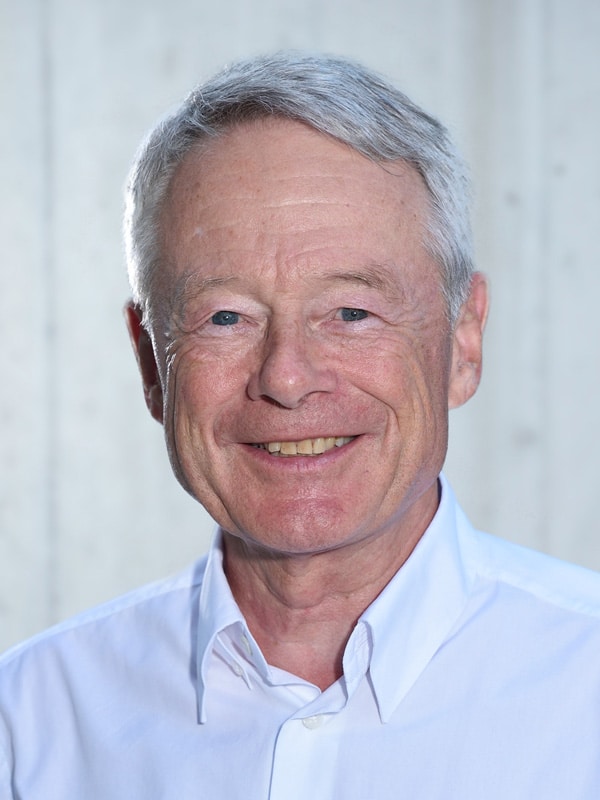
Tis Prager
Chairman / Stiftungsratspräsident
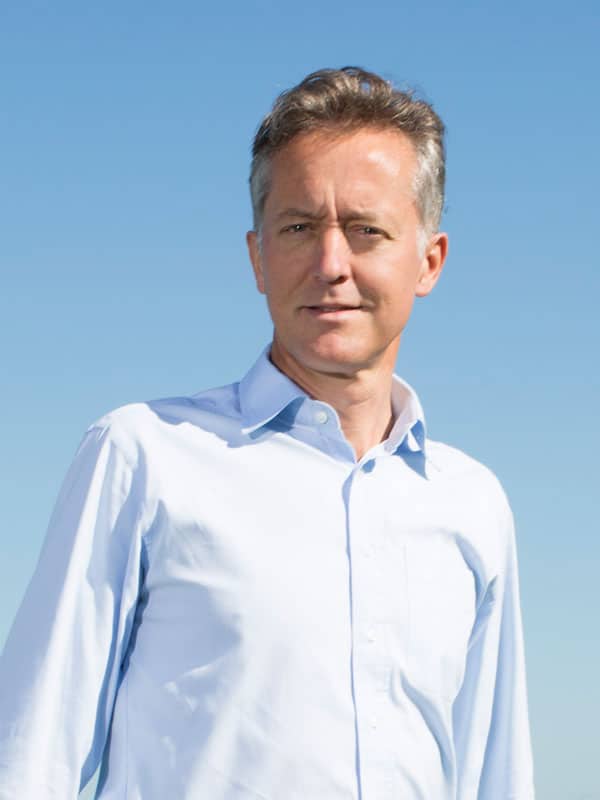
Clemens Rüttimann
Member of the Board
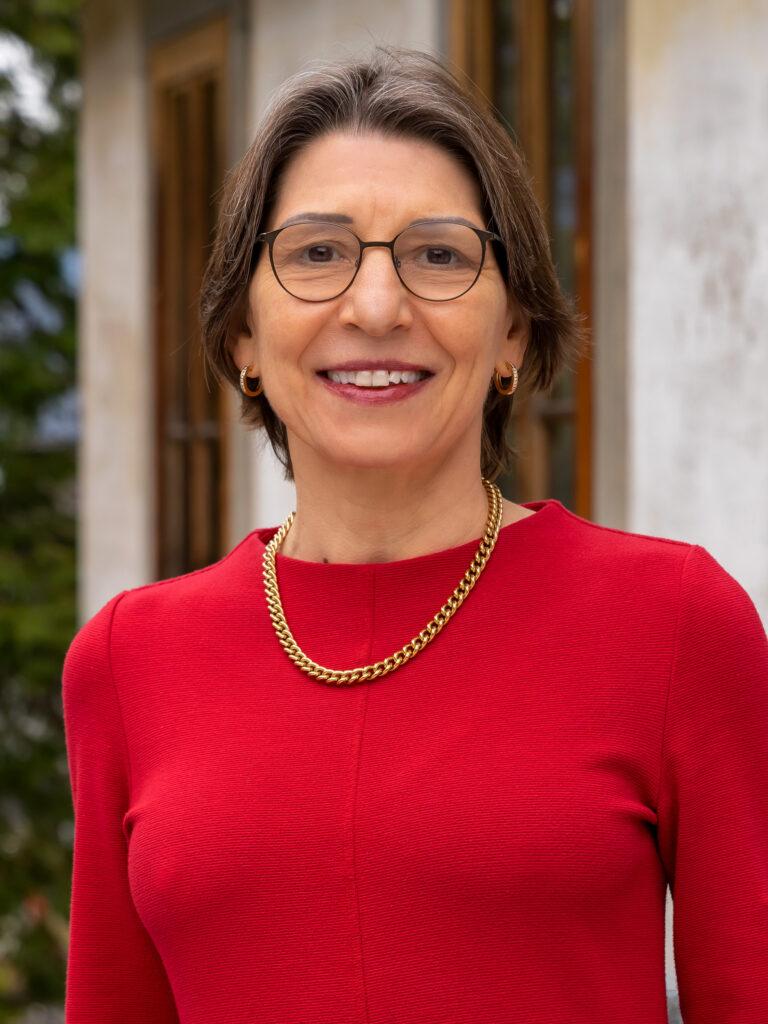
Hanna Elisabeth Rychener Kistler
Member of the Board
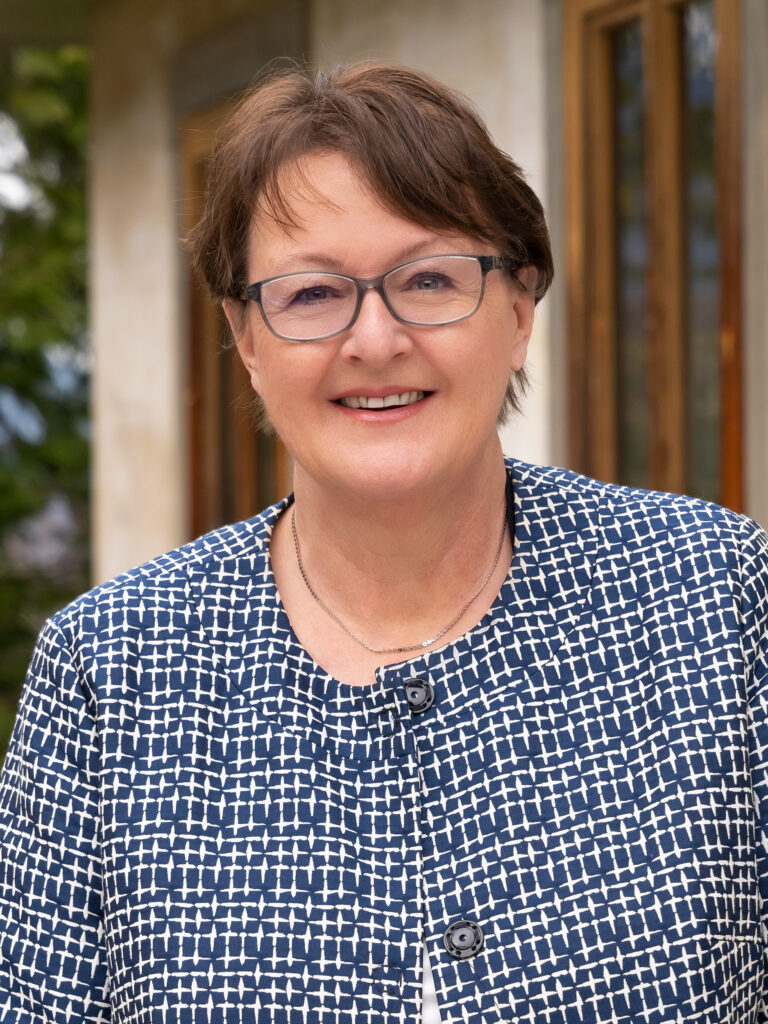
Beatrice Richard-Ruf
Member of the Board
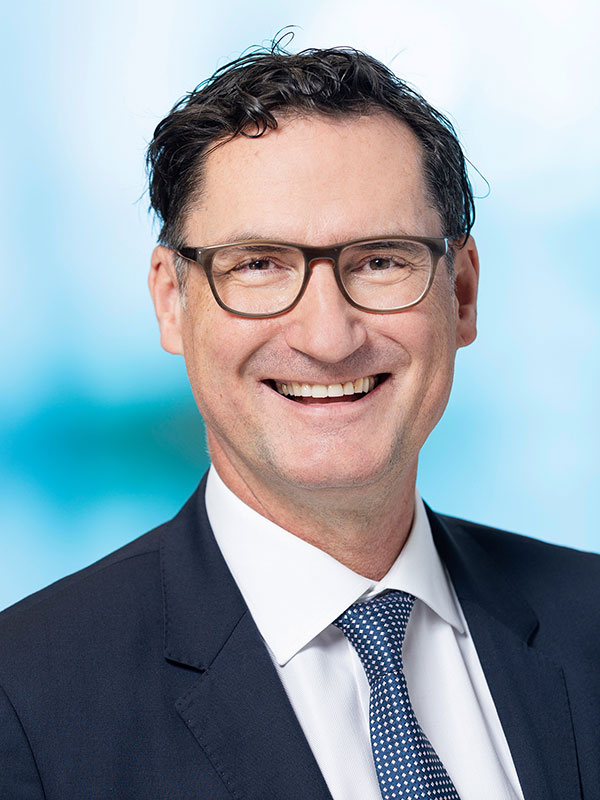
Prof. Michael Kleinert
Member of the Board
The Mission / objective
The purpose of KEDA is to promote and foster, both domestically and internationally, an environmental and climate-friendly, ecological and region-based agriculture, fair trade, sustainable consumption of ecologically produced food from the Alpine regions of Switzerland and central Europe as well as knowledge and competences of the Alpine cuisine. In order to pursue its purposes, KEDA develops non-profit projects, such as the CULINARIUM ALPINUM, and other educational and consulting service offerings. In this context, KEDA may support other projects, which pursue a similar purpose. KEDA promotes the interconnecting of agricultural producers with gastronomy, hotel business and tourism organisations as well as with the general public and understands itself as a bridge-builder between these parties. KEDA as a non-profit foundation does not pursue any commercial purposes and does not strive for any profits all in accordance with Swiss law and its by-laws.
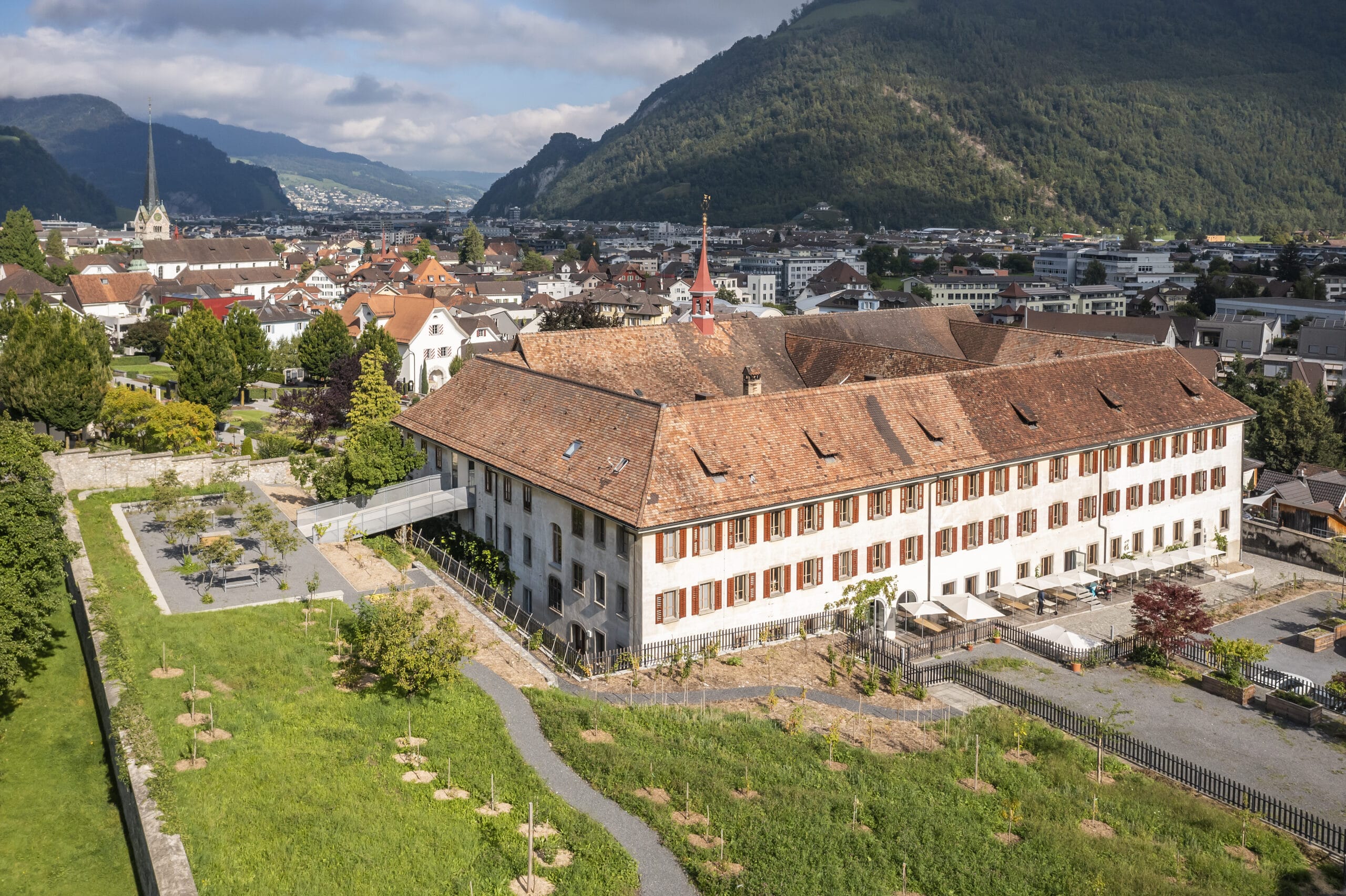
Activities (2020 – 2025)
KEDA plans to also elaborate an educational concept for schools in order to enhance children’s and juveniles‘ awareness of a regional and ecological Alpine culinary cuisine and the benefits thereof.
For KEDA’s purposes, the location of the former Capuchin monastery in Stans provides ideal facilities, which include spaces for a conference centre to hold seminars for those interested to learn more about the culinary heritage of the Alps. Further operating fully independently from but with know how support by KEDA there is in the Capuchin monastery a restaurant that prepares and serves dishes and beverages strictly in line with KEDA’s understanding of the culinary heritage of the Alps, a shop selling more than 120 different regionally produced products of the culinary heritage of the Alps and 14 guest rooms to accommodate (seminar-) guests, a separate kitchen allowing to educate and train up to 12 chefs and other persons interested in learning to prepare dishes in line with the culinary heritage of the Alps, a restored antique cheese cellar, where 80 loafs of three to six years aged Alpsprinz of the remaining eight producer of the famous cheese are displayed and offered to the public and to professional merchants and a garden (‚Essbare Landschaft‘) consisting exclusively of edible plants, currently more than 600 plants of more than 250 different varieties (herbs, berries fruits etc.). In order to attain and maintain the status as a non-profit institution and to comply with its by-laws and Swiss law, the restaurant, the hostel, the cheese cellar and the shop at the Capuchin monastery are operated fully by independent parties not being in any way part of KEDA. The garden-project, named ‚Essbare Landschaft‘ (engl. ‚edible landscape‘), has been developed by KEDA in co-operation with other charitable organisations (inter alia: Stiftung pro specie rara (www.prospecierara.ch) and Fructus (www.fructus.ch) to show (and encourage to grow at home) to visitors and to the public for educational purposes the vast variety of edible plants native to the Alpine regions.
While there is an increasing interest of both, the general public and professionals, to visit the CULINARIUM ALPINUM to learn about and to taste the exclusively regionally produced Alpine cuisine, the planning of seminars for professionals such as farmers, chefs, restaurateurs, bakers, fishermen, has still further to be finalized and implemented.
Since the opening of the CULINARIUM ALPINUM in August 2020, followed by a lockdown in October of the same year, KEDA organised many workshops and guided tours through the monastery with lectures about the purpose of KEDA to promote the culinary heritage of the Alps with general public and worldwide based professionals such as: Urdinkel Workshop / Sauerteig Workshop / Der Bratwurstkurs / Workshop Birnenspalier pflanzen / Alpine Kräuter-Kompetenz / Die Alpen im Fluss / Safran – Das rote Gold / Die Würste des Alpenraums / Gritti, Grätti, Grättle / Kochen, wie die Feste fallen / Weihnachtliches Guetzle. In November 2024, we succeeded in bringing together producers, experts and more than 2,000 consumers at CULINARIUM ALPINUM to our Alp24 event. The event consisted of an international competition, a specialist forum and a market spread throughout the monastery building.
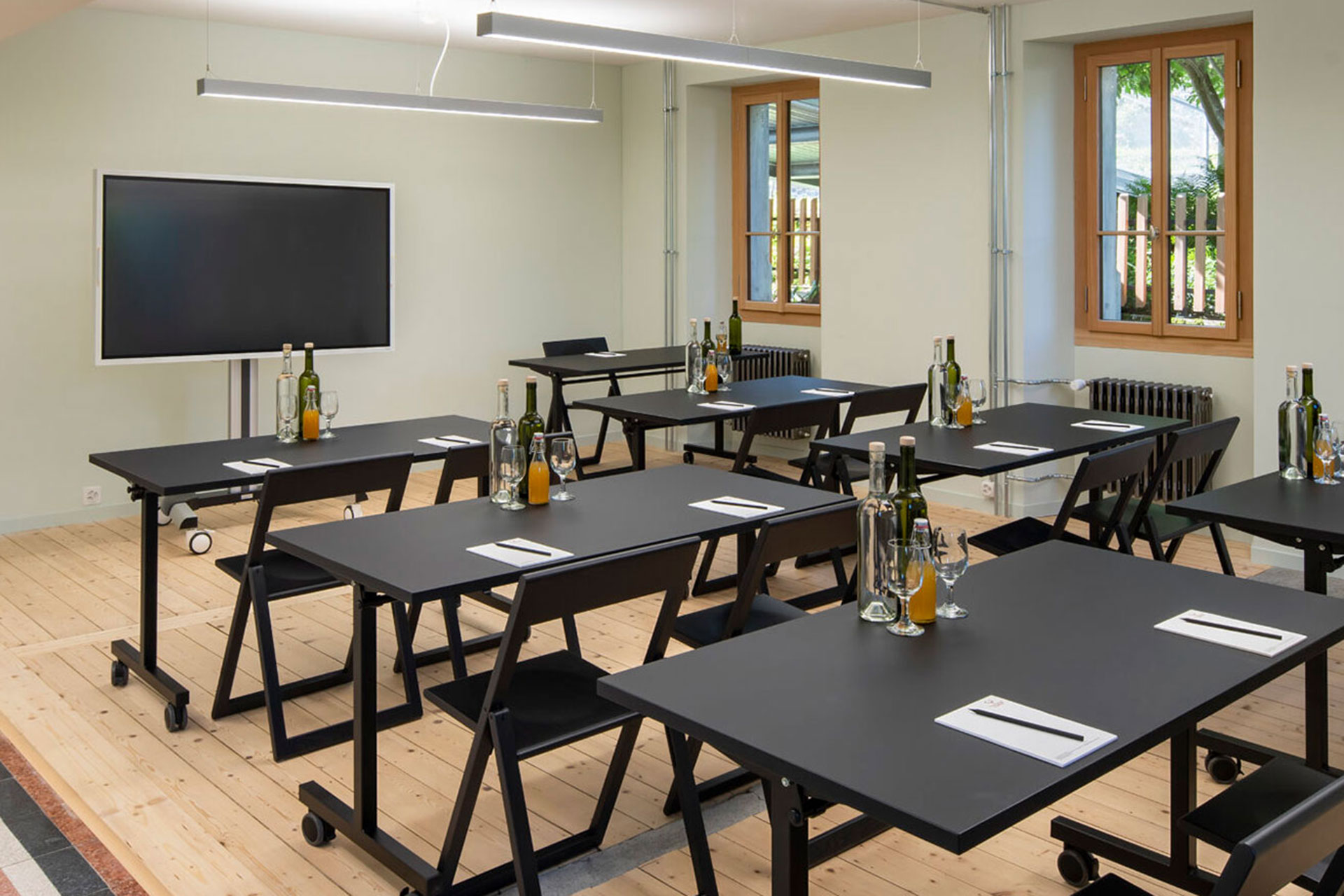
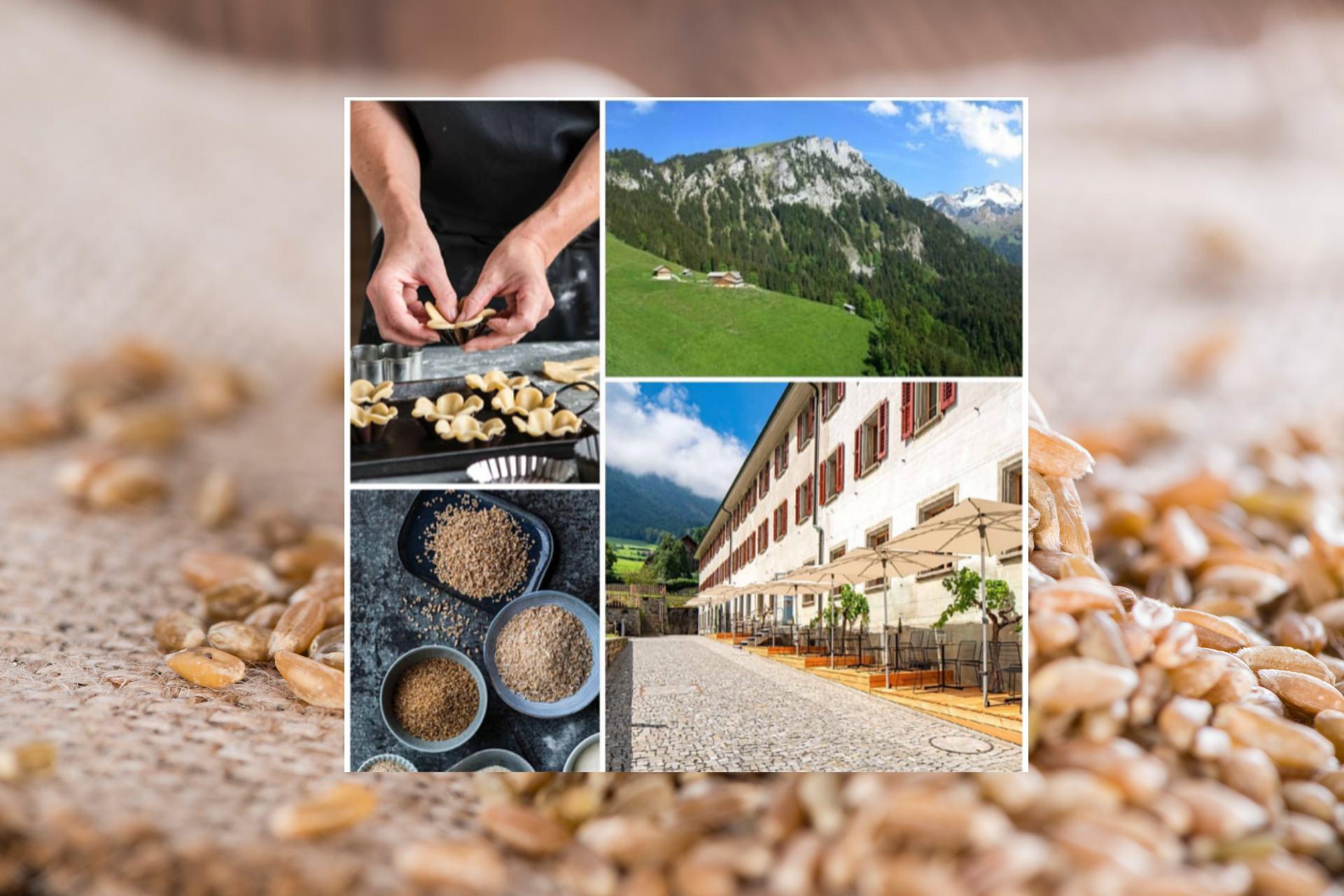
While there is an increasing interest of the general public and professionals to visit the CULINARIUM ALPINUM to learn about and to taste the exclusively regionally produced Alpine cuisine, the planning of seminars for professionals such as farmers, chefs, restaurateurs, bakers, fishermen, has still further to be finalized and implemented. The Board of the KEDA due to this unexpected situation decided to amend its strategy of developing the educational activities of KEDA and to focus for the time being on the activities of the foundation with the public visiting the CULINARIUM ALPINUM and allow more time for the growing of the educational activities of the foundation with the culinary professionals.
Since the opening of the CULINARIUM ALPINUM in September 2020, followed by a lockdown in October KEDA organised 107 workshops and guided tours through the monastery with lectures about the purpose of KEDA with more than 1200 participants to promote the culinary heritage of the Alps with general public and worldwide based professionals such as: Urdinkel Workshop / Sauerteig Workshop / Der Bratwurstkurs / Workshop Birnenspalier pflanzen / Alpine Kräuter-Kompetenz / Die Alpen im Fluss / Safran – Das rote Gold / Die Würste des Alpenraums / Gritti, Grätti, Grättle / Kochen, wie die Feste fallen / Weihnachtliches Guetzle.
Fundraising and the use of Funds
The financial resources of KEDA are and will primarily consist of public/charitable and private funds contributed in the form of grants, awards, wills, gifts and cooperative agreements with other charitable organisations and, going forward, with professional organisations like the Cooking- and Baker-Associations. Additional funds are generated by rent at arm’s length basis paid by the various independent tenants of the shop, the hospitality facilities and the cheese cellar. The rent is based on a cost covering basis incurred by KEDA to maintain the parts of the Capuchin monastery used by these independent parties.
The list of financial sponsors, who contributed to KEDA so far include, inter alia, the Cantons of Lucerne, Nidwalden, Obwalden, Schwyz and Uri, several charitable Swiss foundations, Swiss commercial entities as well as private individuals. For more detailed information of the sponsors reference is made to page 2 of the Business Report of KEDA for the year 2020. KEDA will further expand the circle of its donors to achieve its purpose and objects by promoting its mission to other countries which citizens are known to have an interest in traditional culinary Alpine cooking e.g. German, French, Italian and Dutch nationals who visit Switzerland as tourists in large numbers.
Expenditure
All the funds will exclusively be spent to enable KEDA to achieve its purpose and objects. The funds will be used for organising educational programs and workshops, the salaries of its staff, fees of external lecturers, the discounted rent of the Capuchin monastery which is based on a lease contract for 25 years and the maintenance of the Capuchin monastery and assets used for its schooling- and lecturing- activities.
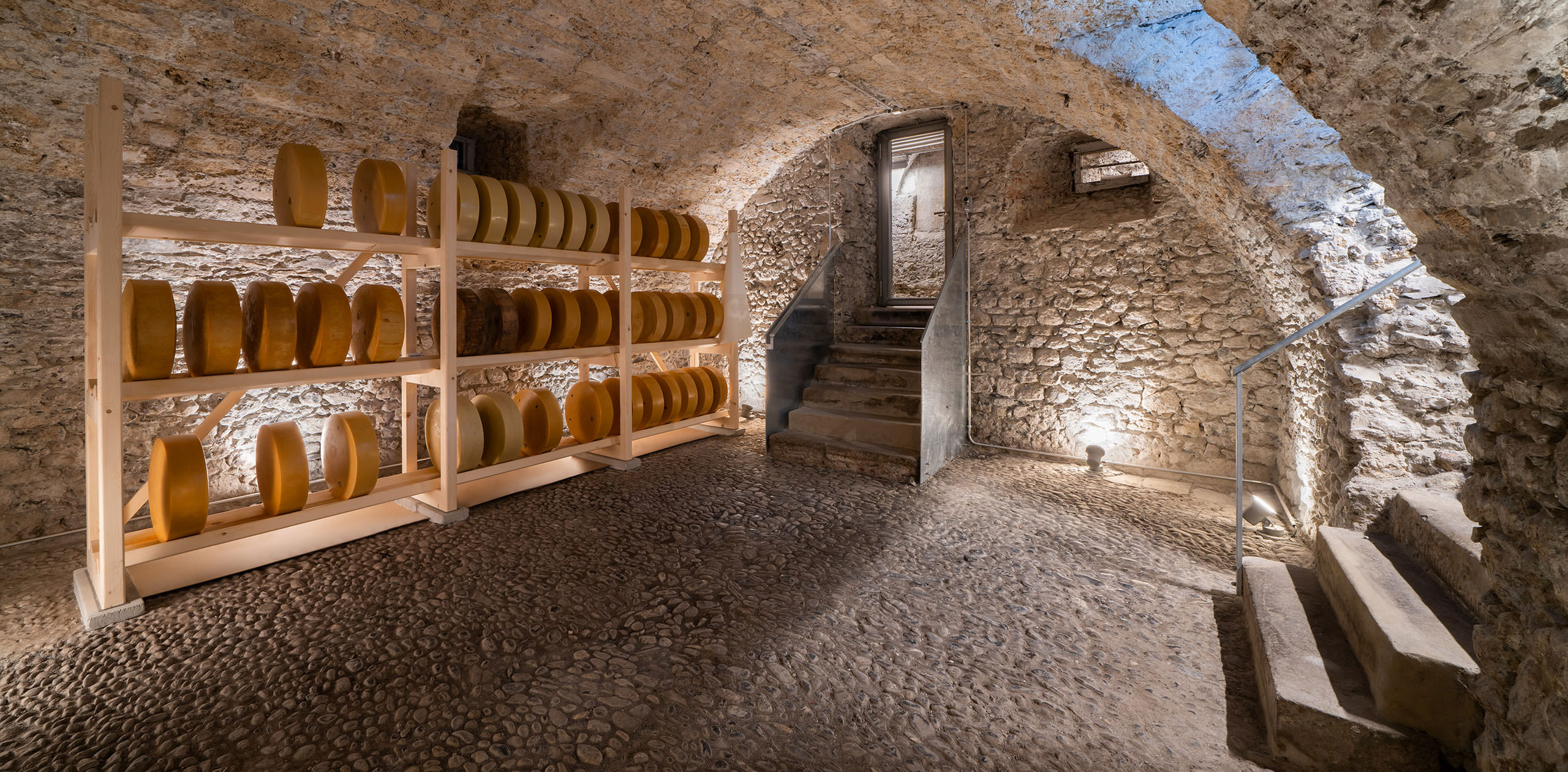
Directors, Employees and Remuneration Policy
The members of the Board of KEDA (policymakers) will not receive any remuneration for the performance of their board-related duties. They will however be entitled to reimbursement of the costs incurred by them in the performance of their duties and non-excessive attendance fees according to the guidelines established by KEDA, such as travel and lodging expenses. Further, based on the by-laws of KEDA there are legal safeguards that no board member may act independently in relation to the assets (including funds) of KEDA.
KEDA employs five salaried employees (non-policymakers) for the pursuit of its purpose and objects and the fulfilment of its culinary activities. Employees will be employed under written contract of employment specifying the terms and conditions, work period, location, pay and eligible benefits all in accordance with cantonal and federal Swiss law.
Financial data and records will be routinely reviewed and verified by a layered internal and external financial team. All financials of KEDA will be independently audited and on annual basis. The accounts will be published on the website of KEDA (https://stiftungkeda.ch).
